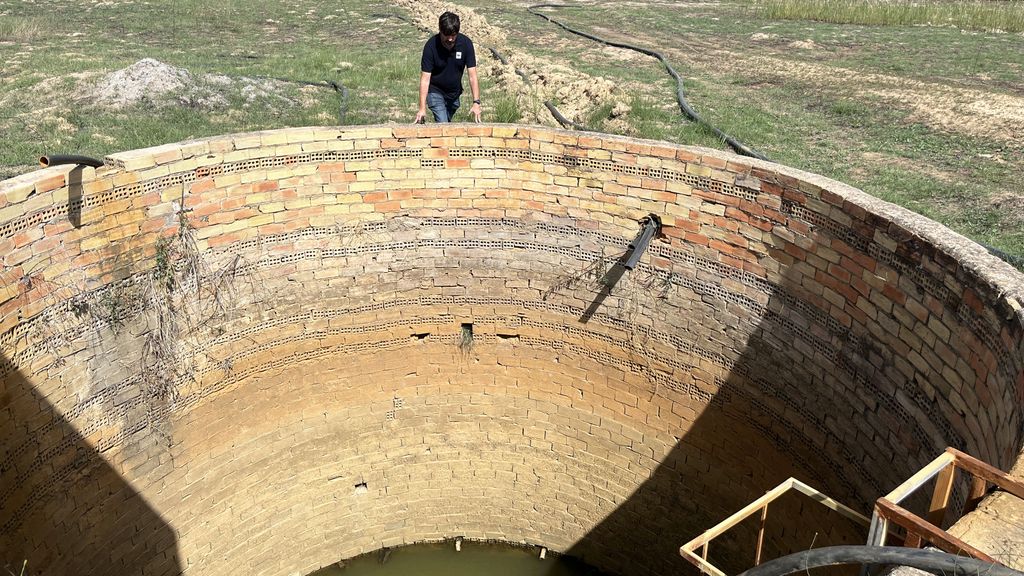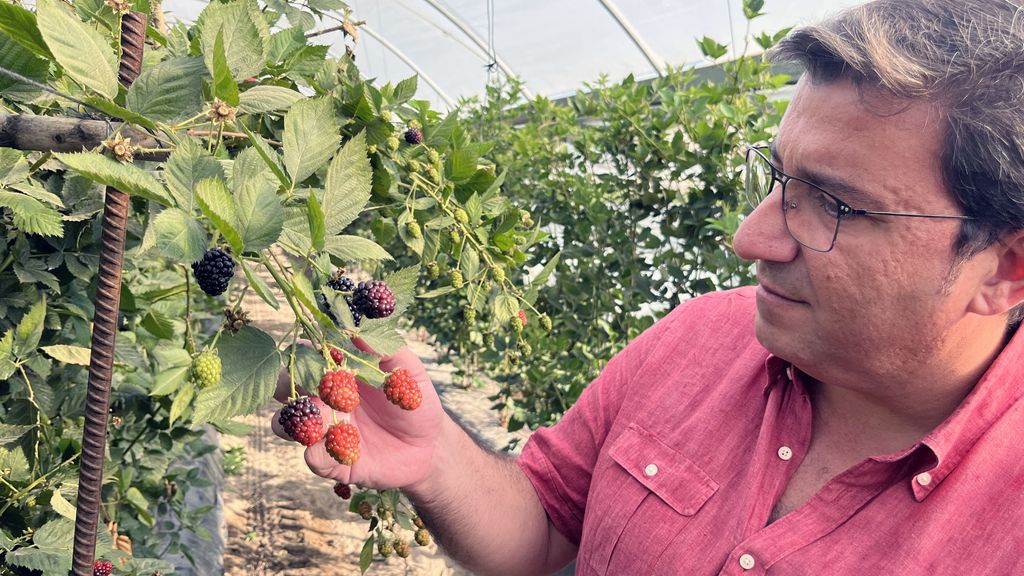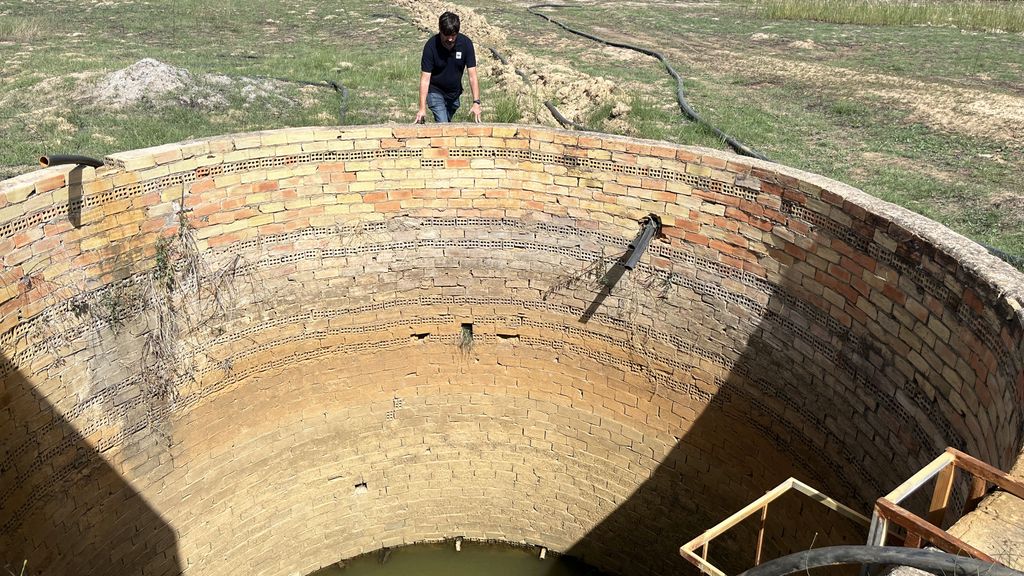
Rop Salt Mountain / NOS
NOS . News•
-
Rob Saltberg
Spain correspondent
-
Rob Saltberg
Spain correspondent
The Doñana wetlands in southern Spain have dried up. The national park is an important stopping place for the tens of thousands of migratory birds that fly annually from the wintering regions of Africa to the breeding grounds of Europe. bird keepers very worried To ensure the survival of, for example, the Dutch national bird, the black-tailed bird.
After a very dry and hot summer, the last great pond of Doñana has disappeared. This year, precipitation is only a third of what the wetlands need. Biologists fear that draining the pond means that the basin in which the groundwater is located under Donana is also empty. This is a very large amount of water, because the area of \u200b\u200bthe basin is about 2,500 square kilometers.
Although it is not only the lack of precipitation and the intense heat that causes the wetlands to dry out. Some fruit growers in the area have been illegally pumping groundwater from the area for years. Companies grow strawberries, avocados and red berries intended for supermarkets in Northern Europe, including the Netherlands.
“Laws don’t get enforced, and officials don’t do much,” said Felipe Fuentelsaz of a local chapter of the World Wildlife Fund. “The chaos is complete. There are rules, but officials look mainly at the economic impact of growing fruit. The latter are seen as more important than nature conservation.”
illegal wells
Donana – in the area of one third of the province of Utrecht – will eventually turn into a dry plain, is fear. Half a million migratory birds once rested in Doñana, including the black-tailed Godwit. But their numbers Run at a scary speed Because the nature reserve is in a state of desertification.
Inspectors have discovered at least 1,100 illegal wells in the immediate vicinity of the nature reserve. Closing a business without permits is not easy. Legal proceedings take approximately six to seven years. In practice, after closing one of the illegal wells, the next well is already drilled.
Manuel Delgado, head of a farmer’s cooperative, points to the local government as primarily responsible for draining Doñana. “We are very concerned. Climate change will make it drier. In addition, the problems are made worse by illegal market parks.”

Rop Salt Mountain / NOS
More than 80 percent of the crop in Doñana is exported to the rest of Europe. The largest customer is Germany, followed by France and the United Kingdom. A smaller portion goes to the Netherlands, Portugal and Belgium.
Delgado hesitates for a moment after asking if the legal gardeners in the market have their share, too, due to the available pumping water. “We follow the rules. So we are definitely not responsible.”
The role of supermarkets
Supermarkets are not interested in the origin of the Spanish fruit in all countries, says Felipe Fuentilsaz of the World Wide Fund for Nature. “We have a lot of contacts with supermarkets, so they can check if the fruit has been legally grown. That way we work with Swiss and English companies. We don’t have that contact with Dutch or Belgian supermarkets.”
According to Fuentelsaz, this has a lot to do with customer pressure. “Buyers of that fruit need to know the conditions in which Donana’s strawberries grow. Supermarkets, in turn, can apply pressure by selling only fair-grown fruit.”

“Infuriatingly humble social media buff. Twitter advocate. Writer. Internet nerd.”








